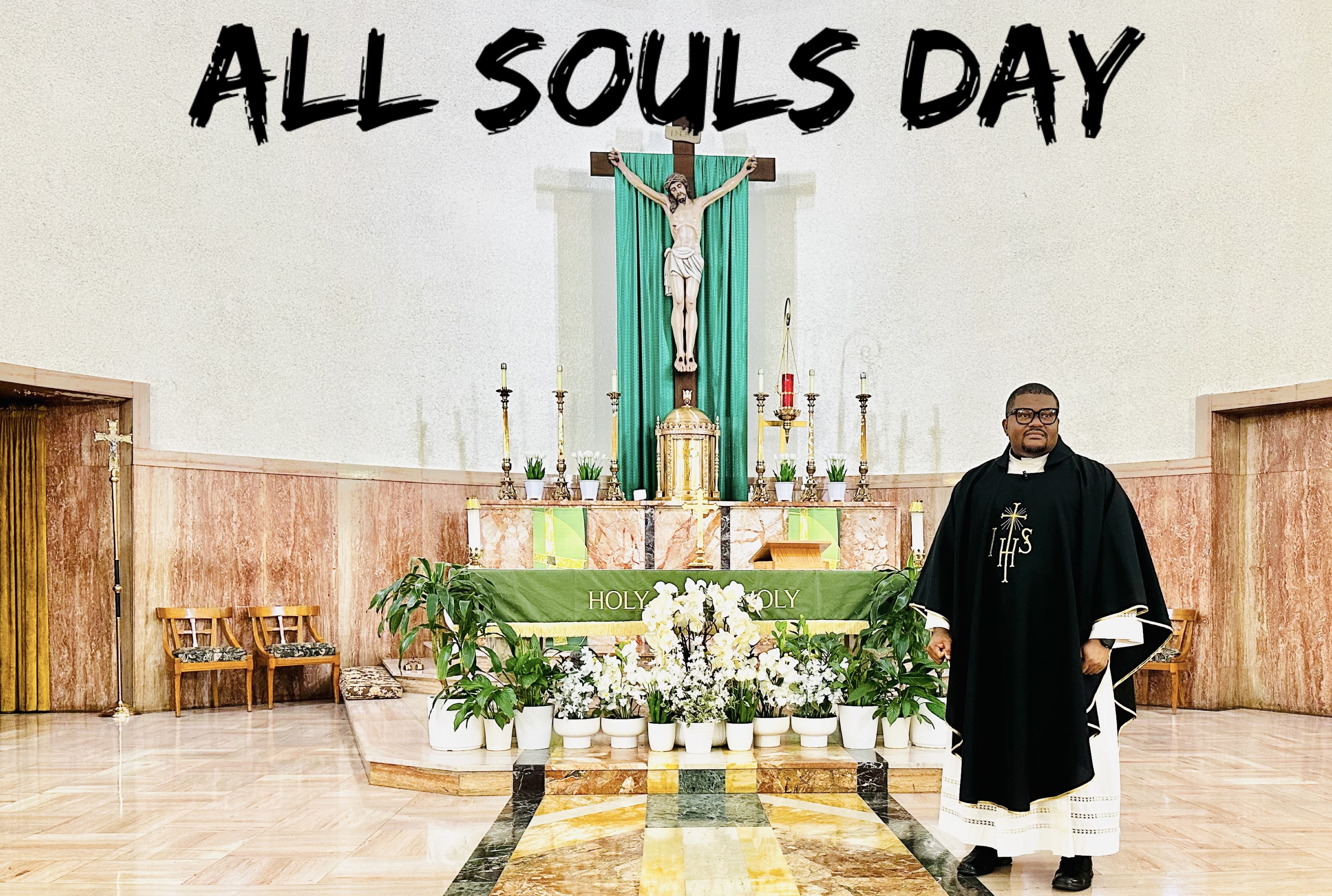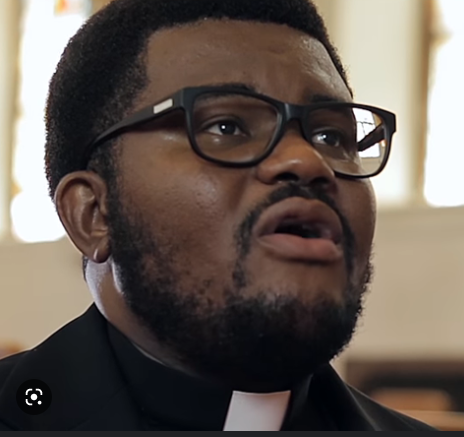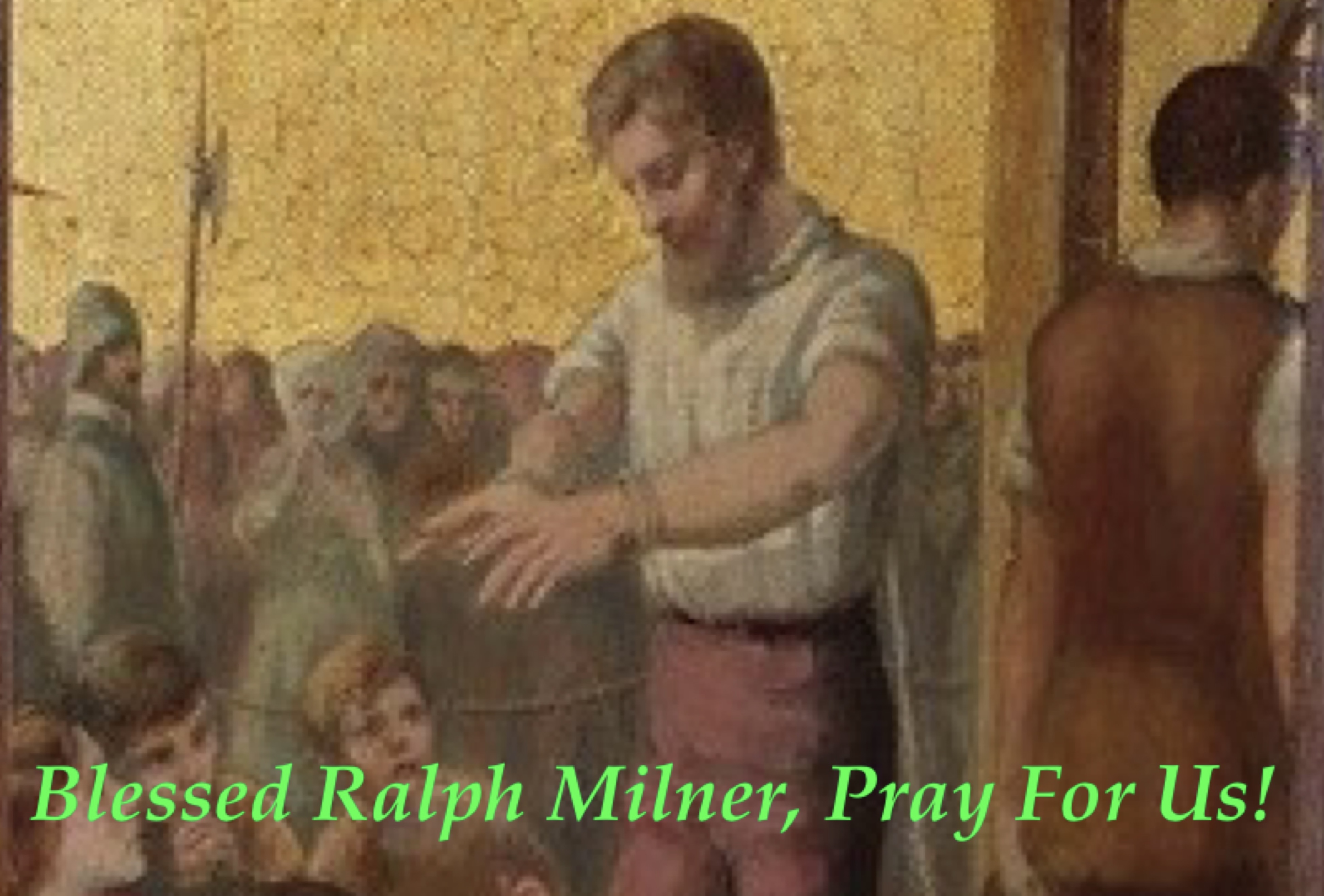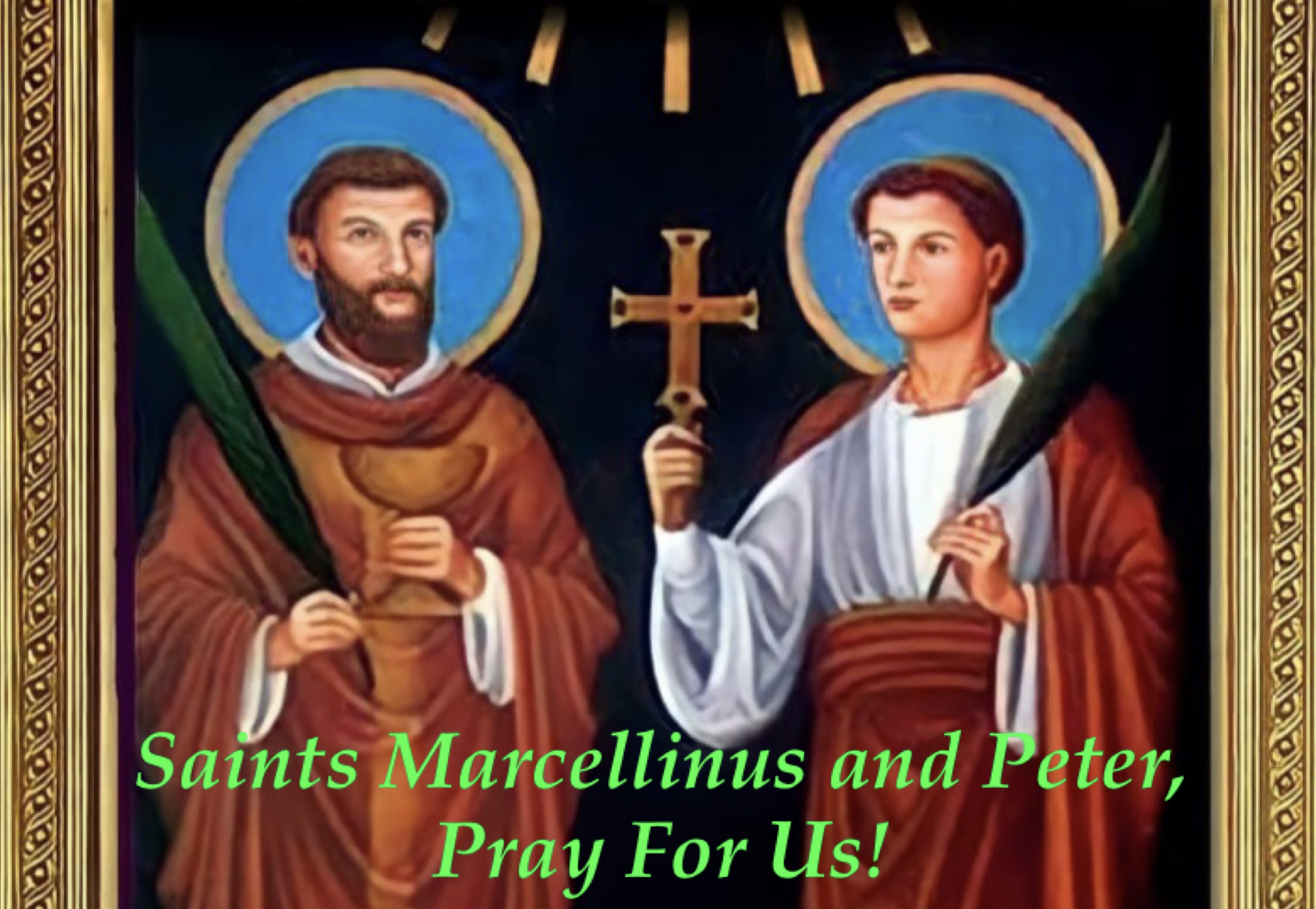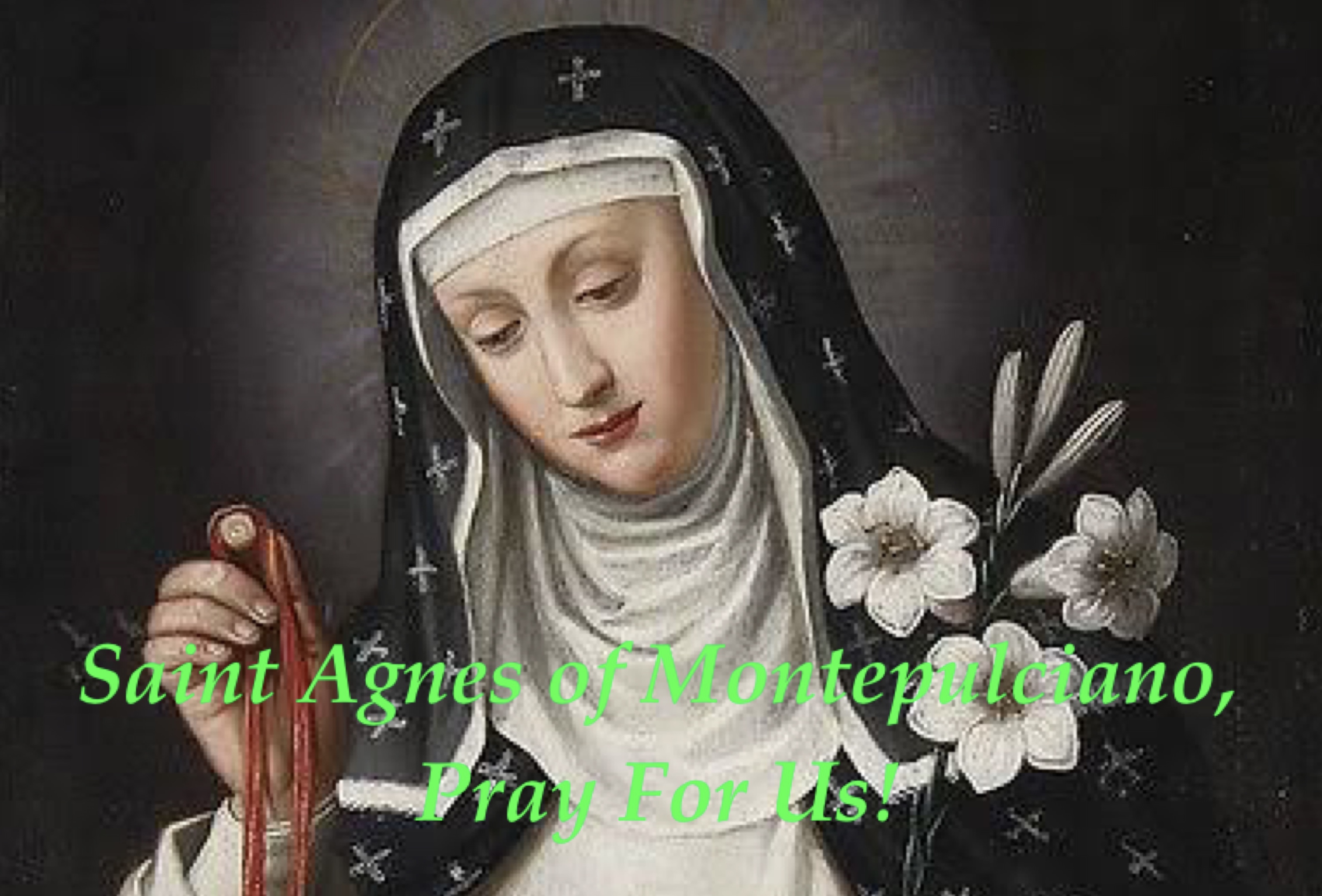All Souls Day
Today we celebrate All Souls Day, a day we commemorate all the faithful departed. It is a day we remember and pray for the souls of the faithful departed who are believed to be in purgatory, that is, the Church Suffering. In the Catholic Church, when we use the expression “the faithful”, we are referring essentially to baptized Catholics. All Souls Day also emphasizes the connection between the living and the dead, because it is a day that we, the "Church Militant" (the living faithful) aid the "Church Suffering" (those in purgatory) through our prayers and masses, which helps them on their journey to heaven.
Who are we celebrating on All Souls Day? Since All Souls Day is a Commemoration Day of All the Faithful Departed, it is a day that we remember and pray for the dead especially our loved ones who have gone before us. Our prayers for these souls assist in expediting the “process of purification” in purgatory. The Catholic Church recognizes that few people achieve perfection in this life because, we are human and we are sinners, therefore we go to the grave with remaining traces of sinfulness; so a period of purification is necessary to prepare the soul to join God. Because of this reason, the Catechism of the Catholic Church explains that, “All who die in God’s grace and friendship, but still imperfectly purified, are indeed assured of their eternal salvation; but after death they undergo purification, so as to achieve the holiness necessary to enter the joy of heaven.” This is called Purgatory. It is important to note that Purgatory is not a state of punishment, but rather a cleansing very much like our Baptism. Better put, Purgatory makes the soul perfect forever as our prayers for our departed faithful assist them to complete their purification and be united with God.
What is the origin of All Souls Day? All Souls Day was established by Saint Odilo of Cluny in the 10th century, who instructed monks to pray for the dead on the day after All Saints' Day. The Catholic Church praying for the dead is mentioned as far back as 2 Maccabees chapter 12:42–46. So the theological basis for the Solemnity of All Souls is the doctrine that the souls which, on departing from the body, are not perfectly cleansed from venial sins, or have not fully atoned for past transgressions, are debarred from the Beatific vision, and that the faithful on earth can help them by prayers, alms giving, charitable deeds, and especially by the sacrifice of the Holy Mass. According to our Catholic belief, the soul of a person who dies can go to one of three places. The first is heaven, where a person who dies in a state of perfect grace and communion with God goes. The second is hell, where those who die in a state of mortal sin are naturally condemned by their choice. The intermediate option is purgatory, which is thought to be where most people, free of mortal sin, but still in a state of venial sin, must go. From this explanation, we can see that Purgatory is necessary so that souls can be cleansed and perfected before they enter into heaven. There is scriptural basis for this belief and the primary reference is in 2 Maccabees, chapter 12:26 and chapter 12:32. "Turning to supplication, they prayed that the sinful deed might be fully blotted out... Thus made atonement for the dead that they might be free from sin." Additional scriptural references are found in the Books of Zechariah, Sirach, and in the Gospel of Matthew.
So what are the core beliefs and purpose of All Souls Day? -It is a day of Commemoration, a day dedicated to praying for all the faithful departed who are believed to be in a state of purification known as purgatory before entering heaven. -It has a spiritual connection, because there is a spiritual bond and connection between the Church Militant (the Church living), the Church Triumphant (the saints in heaven), and the Church Suffering (those in purgatory). -It is aid for the dead, as the prayers and masses of the living assist and aid the souls in purgatory in their purification.
Why do Catholics celebrate All Souls’ Day? The Catholic Church is composed of the faithful living upon the earth and those who have gone before us. The latter includes the saints in Heaven and the faithful souls being purified in Purgatory. Just as on November 1st we honor those who are with God, on November 2nd, we celebrate a Commemoration of All the Faithful Departed. Hence, we celebrate All Souls’ Day, so as to honor the Souls of the Faithful Departed for their fidelity in life, as well as pray for them since they are being purified before entering the All Holy Presence of God. Remember in Revelation 21:27 we are told that in the Heavenly Jerusalem, “… nothing unclean shall enter in.”
How do we celebrate All Souls Day?
- Visit a cemetery: We are encouraged to go to the gravesite of a loved one to pray, light candles, share memories, and clean the area.
- Decorate graves: We can place flowers, candles, or other items on graves to honor our departed loved ones.
- Attend Mass: We are encouraged to attend a special Mass on All Souls' Day to honor the faithful departed. We can also ask for a Mass to be said for a specific loved one.
- Pray for the dead: We are urged to offer prayers which includes praying a novena or rosary for our departed family members.
- Light a candle: We can light a candle in our homes, in a church or at a gravesite to symbolize the light of faith and hope for the souls of the departed.
- Share memories: We can gather with family and friends to share favorite stories and memories of those who have passed.
- Create a memorial: We can set up a small altar or memorial space in our homes to remember our departed loved ones.
- Book of remembrance: Some parishes like ours have a "Book of the Dead" or "Book of Remembrance" where we are encouraged to write the names of our departed friends and family members to be remembered in our Masses throughout the month November.
So my brothers and sisters in Christ, as we celebrate All Souls Day today, let us pray for our departed family members and friends that they may be purified of their sins and be united with God in heaven.

